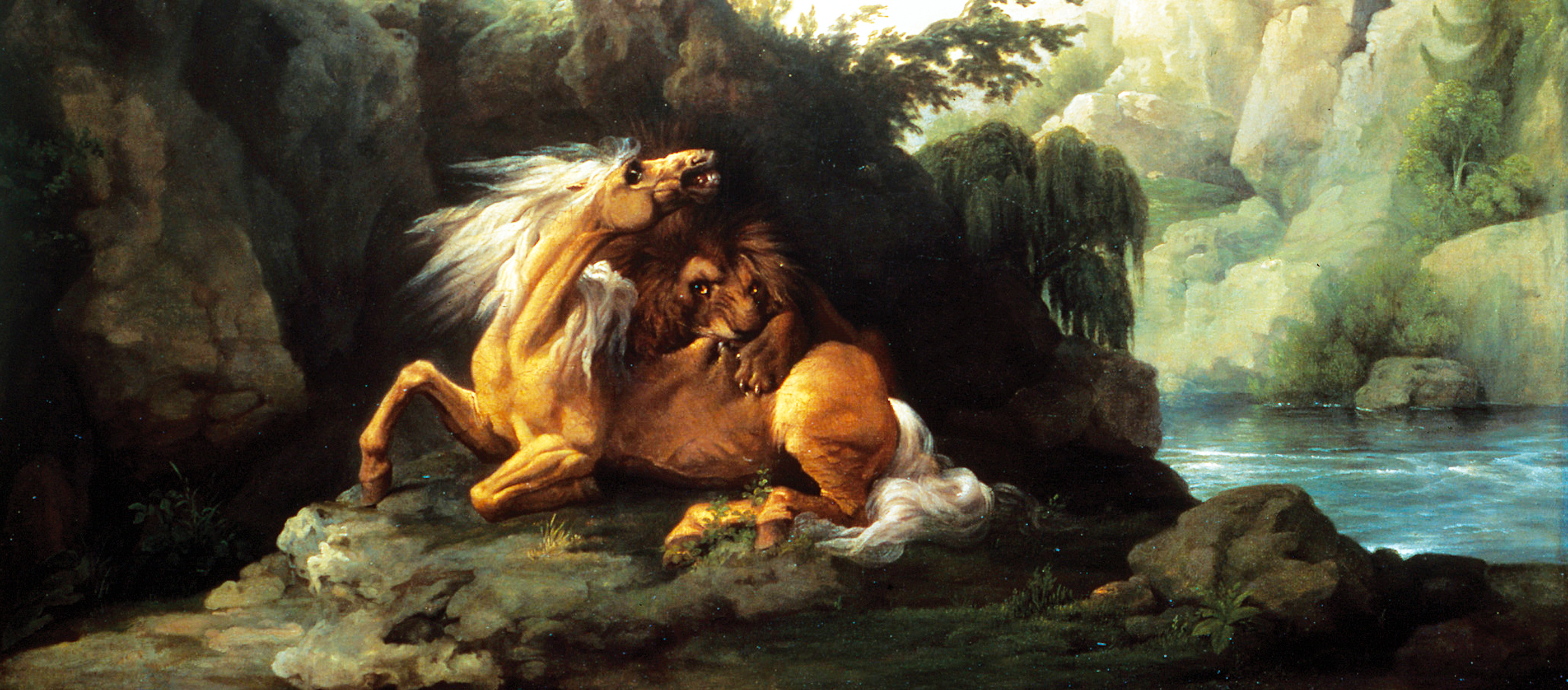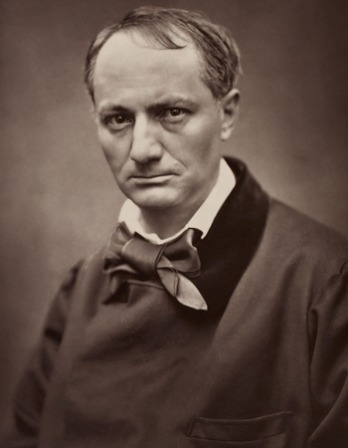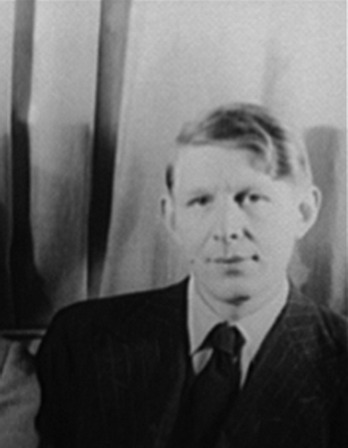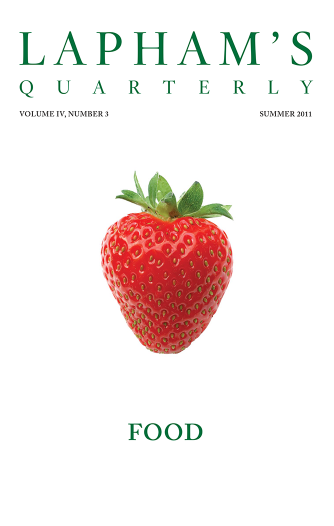You can hardly regard any creatures of the deep with the same feelings that you do those of the shore. For though some old naturalists have maintained that all creatures of the land are of their kind in the sea—and though taking a broad general view of the thing, this may very well be—yet coming to specialties, where, for example, does the ocean furnish any fish that in disposition answers to the sagacious kindness of the dog? The accursed shark alone can in any generic respect be said to bear comparative analogy to him.
But though to landsmen in general, the native inhabitants of the seas have ever been regarded with emotions unspeakably unsocial and repelling; though we know the sea to be an everlasting terra incognita, so that Columbus sailed over numberless unknown worlds to discover his one superficial western one; though, by vast odds, the most terrific of all mortal disasters have immemorially and indiscriminately befallen tens and hundreds of thousands of those who have gone upon the waters; though but a moment’s consideration will teach that however baby man may brag of his science and skill, and however much in a flattering future that science and skill may augment; yet forever and forever, to the crack of doom, the sea will insult and murder him, and pulverize the stateliest, stiffest frigate he can make; nevertheless, by the continual repetition of these very impressions, man has lost that sense of the full awfulness of the sea which aboriginally belongs to it.
The first boat we read of floated on an ocean, that with Portuguese vengeance had whelmed a whole world without leaving so much as a widow. That same ocean rolls now; that same ocean destroyed the wrecked ships of last year. Yea, foolish mortals, Noah’s flood is not yet subsided; two thirds of the fair world it yet covers.
Wherein differ the sea and the land, that a miracle upon one is not a miracle upon the other? Preternatural terrors rested upon the Hebrews, when under the feet of Korah and his company the live ground opened and swallowed them up forever; yet not a modern sun ever sets but in precisely the same manner the live sea swallows up ships and crews.

Horse Devoured by a Lion (detail), by George Stubbs, 1763. Tate Britain, London, England.
But not only is the sea such a foe to man who is an alien to it, but it is also a fiend to its own offspring—worse than the Persian host who murdered his own guests; sparing not the creatures which itself hath spawned. Like a savage tigress that tossing in the jungle overlays her own cubs, so the sea dashes even the mightiest whales against the rocks and leaves them there side by side with the split wrecks of ships. No mercy, no power but its own controls it. Panting and snorting like a mad battle steed that has lost its rider, the masterless ocean overruns the globe.
Consider the subtleness of the sea: how its most dreaded creatures glide under water, unapparent for the most part and treacherously hidden beneath the loveliest tints of azure. Consider also the devilish brilliance and beauty of many of its most remorseless tribes, as the dainty embellished shape of many species of sharks. Consider once more the universal cannibalism of the sea, all whose creatures prey upon each other, carrying on eternal war since the world began.
Consider all this, and then turn to this green, gentle, and most docile earth; consider them both, the sea and the land, and do you not find a strange analogy to something in yourself? For as this appalling ocean surrounds the verdant land, so in the soul of man there lies one insular Tahiti, full of peace and joy, but encompassed by all the horrors of the half-known life. God keep thee! Push not off from that isle; thou canst never return!
From Moby Dick. Melville’s voyages to the South Pacific in the 1840s furnished him with the setting for the novel which he wrote while working on a farm in Pittsfield, Massachusetts. The literary critics in Boston and New York pronounced the story of Ahab and the great white whale indecent and insulting.
Back to Issue






